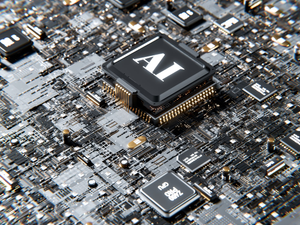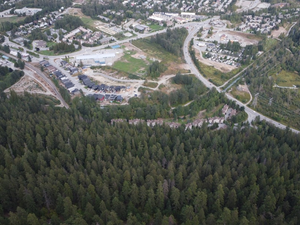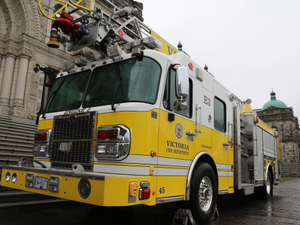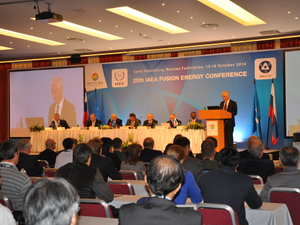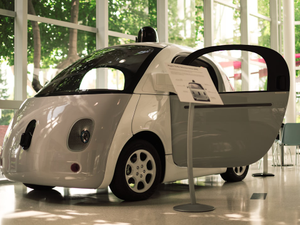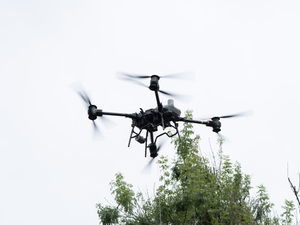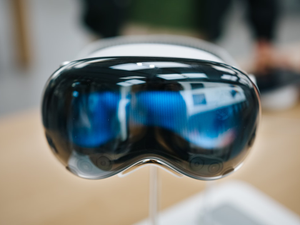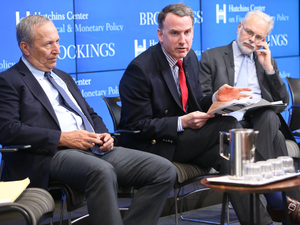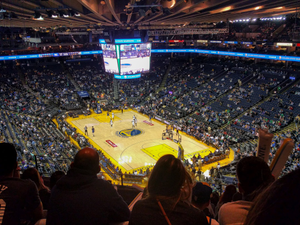The Future of Construction: San Francisco Startup Unveils Driverless Bulldozer
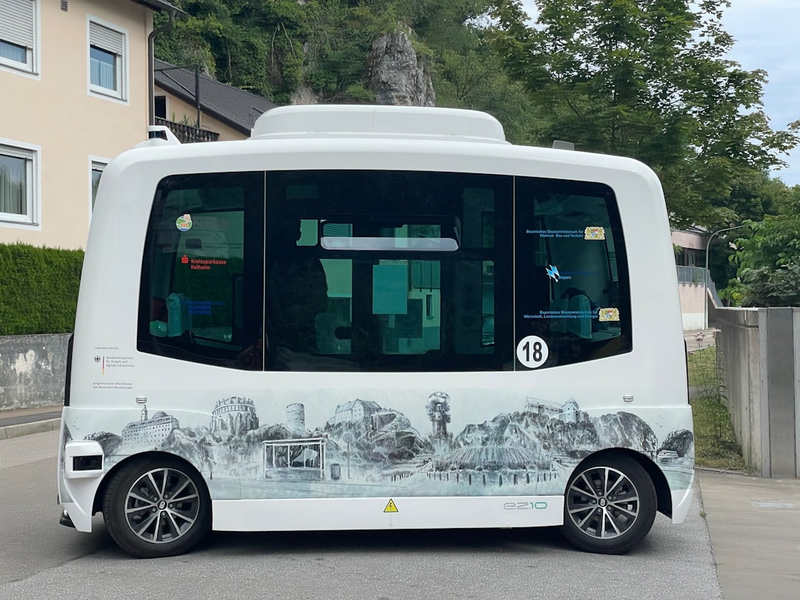
Photo by Bernd 📷 Dittrich on Unsplash
San Francisco’s tech innovation scene continues to push boundaries, this time in the construction industry. Lumina, a local startup, recently demonstrated an ambitious project that could revolutionize how we think about heavy machinery: a fully autonomous, electric 40-ton bulldozer.
The prototype represents a significant leap forward in construction technology, promising to transform traditional excavation methods. By removing the need for a human operator, Lumina aims to make construction work safer, more efficient, and potentially more cost-effective.
In a city already accustomed to autonomous vehicles navigating its streets, the concept of a driverless bulldozer seems almost natural. The startup is positioning its technology as “excavation as a service,” suggesting a future where complex construction tasks can be completed with minimal human intervention.
The electric nature of the bulldozer adds another layer of innovation, addressing growing concerns about carbon emissions in industrial sectors. By eliminating diesel-powered machinery, Lumina could significantly reduce the environmental footprint of construction projects.
While the technology is still in its prototype phase, the implications are profound. Autonomous construction equipment could potentially reduce workplace accidents, lower labor costs, and increase overall project efficiency. The startup’s approach reflects a broader trend in Silicon Valley: using technology to reimagine and optimize traditional industries.
As San Francisco continues to be a hub for technological innovation, projects like Lumina’s autonomous bulldozer remind us that the future of work is rapidly evolving. The construction industry, long considered resistant to technological disruption, is now on the cusp of a significant transformation.
The coming years will be crucial in determining how quickly and effectively such autonomous technologies can be integrated into real-world construction environments. For now, Lumina’s prototype offers a tantalizing glimpse into a potentially more efficient and safer future of industrial work.
AUTHOR: kg
SOURCE: NBC Bay Area



